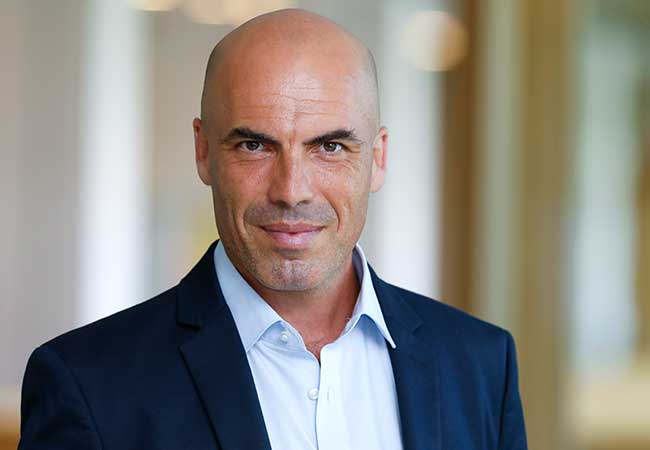
Singles, couples, single parents, families with one child or with several – private households can look very different. A new research unit at Goethe University wants to find out how the individual behavior of households influences the overall economic situation and family policy – and vice versa.
The way in which income, consumption and wealth are distributed in an economy has a lot to do with decisions made within individual households. The research unit “Macroeconomic Implications of Intra-Household Decisions” will take a close look at the behavior of individual household members with regard to consumption, employment and investment opportunities, and explore their interaction. The German Research Foundation (Deutsche Forschungsgesellschaft, DFG) will fund the research with 2.44 million euros for an initial period of four years. The spokesman of the research group, which consists exclusively of Frankfurt economists, is Prof. Alexander Ludwig, Professor of Public Finance and Macroeconomic Dynamics at Goethe University. The other members are Georg Dürnecker, Professor of International Trade, Development and Growth; Leibniz Prize winner Nicola Fuchs-Schündeln, Professor of Macroeconomics and Development; Leo Kaas, Professor of Economics, in particular Macroeconomics and Labor Markets, and the research unit’s deputy spokesperson; as well as junior researchers Chiara Lacava and Dr. Zainab Iftikhar, who also specialize in research related to labor and family economics.
“Traditional macroeconomic models do not take into account the dynamics in private households, each of which is represented by a single member. Using complex economic models, we can now introduce interactions between the individual household members into macroeconomic models,” explains Prof. Ludwig, adding that, in this way, the group’s research will contribute to gaining an even better understanding of the microeconomic foundations of macroeconomics. The group intends to examine the topic of inequality not just between, but also within individual households – including, for example, the unequal distribution of income between men and women.
The research is divided into eight projects, each of which will address different topics. As such, one of them focuses on the question of how the possibility of freezing eggs and thus postponing the realization of the desire to have a child can influence women’s work biographies. Some companies offer to cover the costs of this procedure to keep the workforce in the company. But what is the impact on women, or on the economy as a whole? Other topics include the effects of the intra-family division of labor on the income situation of individuals, and the interrelation between housing policy measures and families’ housing decisions.
The researchers hope their work will fundamentally enrich our knowledge of how economic measures work, and in how far tax and transfer payments influence decisions on labor supply, savings, fertility and housing demand. In so doing, they will examine the measures’ macroeconomic efficiency as well as their distributional effects. To illustrate these relationships, the research will focus, for example, on the extent to which labor-market specialization of one partner in a family – caused, e.g., by the birth of a child or by tax policy measures such as spousal splitting tariffs (as prevalent in Germany) – leads to greater inequality between men and women, and the extent to which this either has a negative impact on overall economic efficiency – by reducing women’s labor force participation, for instance – or in fact has a positive effect, since greater specialization increases the labor productivity of the household’s main breadwinner.








